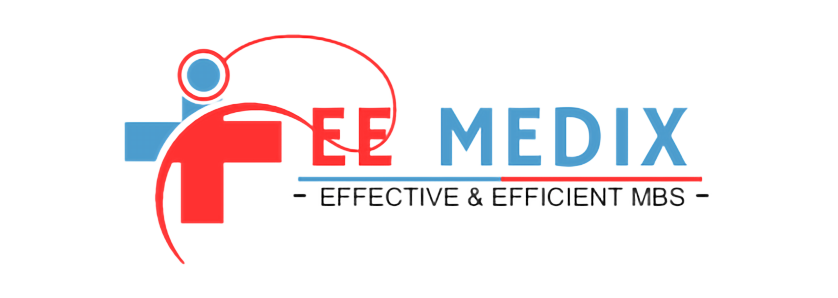In the complex landscape of the healthcare industry, effective and efficient billing and reimbursement processes are essential. Medical coding services play a pivotal role in simplifying healthcare billing, ensuring that healthcare providers can focus on their primary task – delivering quality patient care. In this article, we’ll delve into the world of medical coding services, providing a comprehensive understanding of what they are, their significance in healthcare, and how they streamline the billing process.
What Are Coding Services?
Medical coding services are the backbone of healthcare documentation and billing. They involve the translation of medical diagnoses, procedures, and services into universally recognized alphanumeric codes. These codes serve as a common language for healthcare professionals, insurance companies, and government agencies, facilitating accurate billing and reimbursement.
What Are Coding Services for Healthcare?
Coding services for healthcare encompass a wide range of tasks. The primary goal is to transform complex medical information into a format that is easily accessible and understandable. Here are some of the key aspects of coding services in healthcare:
- Maintaining Accurate Patient Records: Medical coders ensure the meticulous recording and coding of every patient’s medical history, diagnoses, and treatments. This accuracy is crucial for providing continuity of care and for legal and administrative purposes.
- Billing and Reimbursement: Accurate coding is essential for generating bills and obtaining reimbursements from insurance providers and government healthcare programs. Incorrect coding can lead to claim denials and delayed payments.
- Compliance with Regulations: The healthcare industry is heavily regulated. Medical coding services ensure that healthcare providers adhere to industry standards and government regulations, reducing the risk of legal complications.
- Research and Data Analysis: Coded medical data is valuable for medical research and data analysis. It helps in identifying healthcare trends, improving treatment methods, and tracking disease outbreaks.
What Is an Example of Medical Coding?
One common coding system used in healthcare is the International Classification of Diseases (ICD). ICD codes are used to classify diseases, conditions, and other health-related issues. These codes help healthcare providers track and manage illnesses, injuries, and healthcare utilization. For example, ICD-10 codes might include “M32.10” for systemic lupus erythematosus or “K21.9” for gastro-oesophageal reflux disease.
What Are the Duties of a Medical Coder?
Medical coders are responsible for several crucial duties in the healthcare industry:
- Reviewing Medical Records: Coders thoroughly examine patient medical records, including physician notes, laboratory reports, and other documentation, to extract relevant information for coding.
- Assigning Codes: Coders use their expertise to assign the appropriate codes based on the information from medical records. This requires a deep understanding of medical terminology, anatomy, and disease processes.
- Compliance: Coders ensure that the codes assigned are compliant with government regulations and insurance requirements.
- Regular Updates: Medical coding is an evolving field. Coders must stay up-to-date with changes in codes, regulations, and industry practices.
- Data Security: They also play a crucial role in safeguarding patient data and ensuring compliance with healthcare privacy laws.
In conclusion, medical coding services are the unsung heroes of the healthcare industry, streamlining the complex process of billing and reimbursement. They ensure that healthcare providers are fairly compensated for their services while maintaining the highest standards of accuracy and compliance. By understanding the significance of medical coding services, we can appreciate their vital role in the healthcare ecosystem.

